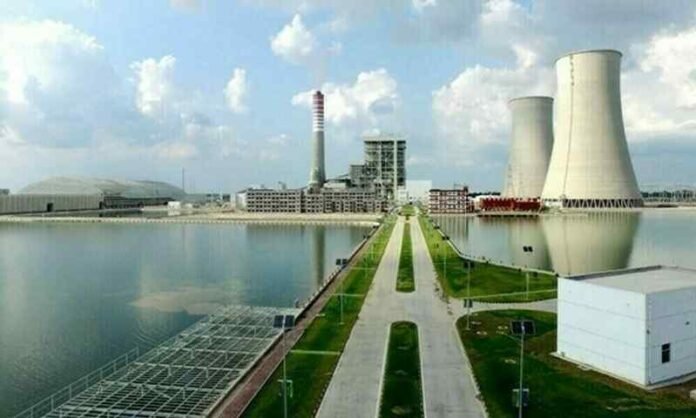The Sahiwal Coal Power Plant, managed by Huaneng Shandong Ruyi Pakistan Energy Ltd (HSRPEL), has launched a legal challenge targeting the Central Power Purchasing Agency (CPPAG) and the National Electric Power Regulatory Authority (NEPRA). At the heart of the dispute is a regulatory requirement that mandates coal purchases must always be made at the “lowest available price.”
HSRPEL’s lawsuit argues that this rule conflicts with its original financial setup, which includes coal procurement from a specific supplier at negotiated prices—even if those prices are higher than alternatives on the market. The company claims that these pre-agreed discounts are essential components of their Power Purchase Agreement (PPA) and the Private Power and Infrastructure Board (PPIB) Implementation Agreement. According to HSRPEL, these arrangements ensure fuel supply stability and predictable costs, crucial for long-term planning.
On the other side, CPPAG and NEPRA cite Rule 5 of the Public Procurement Rules of 2004, which clearly states fuel must be bought at the lowest market price. This regulation aims to protect electricity consumers by preventing unnecessary cost increases, given that fuel expenses directly impact electricity tariffs. Both bodies argue that a competitive bidding process is necessary to maintain transparency and cost-efficiency within the power sector.
HSRPEL counters by stating that NEPRA has no legal standing to interfere in their coal supplier contracts. The company believes such pricing agreements should remain private matters between the power producer and their chosen suppliers.
Recently, NEPRA reaffirmed its position, underscoring the importance of securing the most affordable fuel prices to keep electricity rates manageable for end users. This regulatory stance highlights the ongoing tension between contractual freedoms for power producers and consumer protection through regulatory oversight.
Analysis:
This case reflects a broader challenge in Pakistan’s energy sector—balancing long-term contractual stability for power plants with regulatory mandates aimed at minimizing costs for consumers. If HSRPEL’s legal challenge succeeds, it could set a precedent allowing power producers more leeway in supplier selection, potentially complicating the regulatory framework designed to promote market competition and price transparency.


